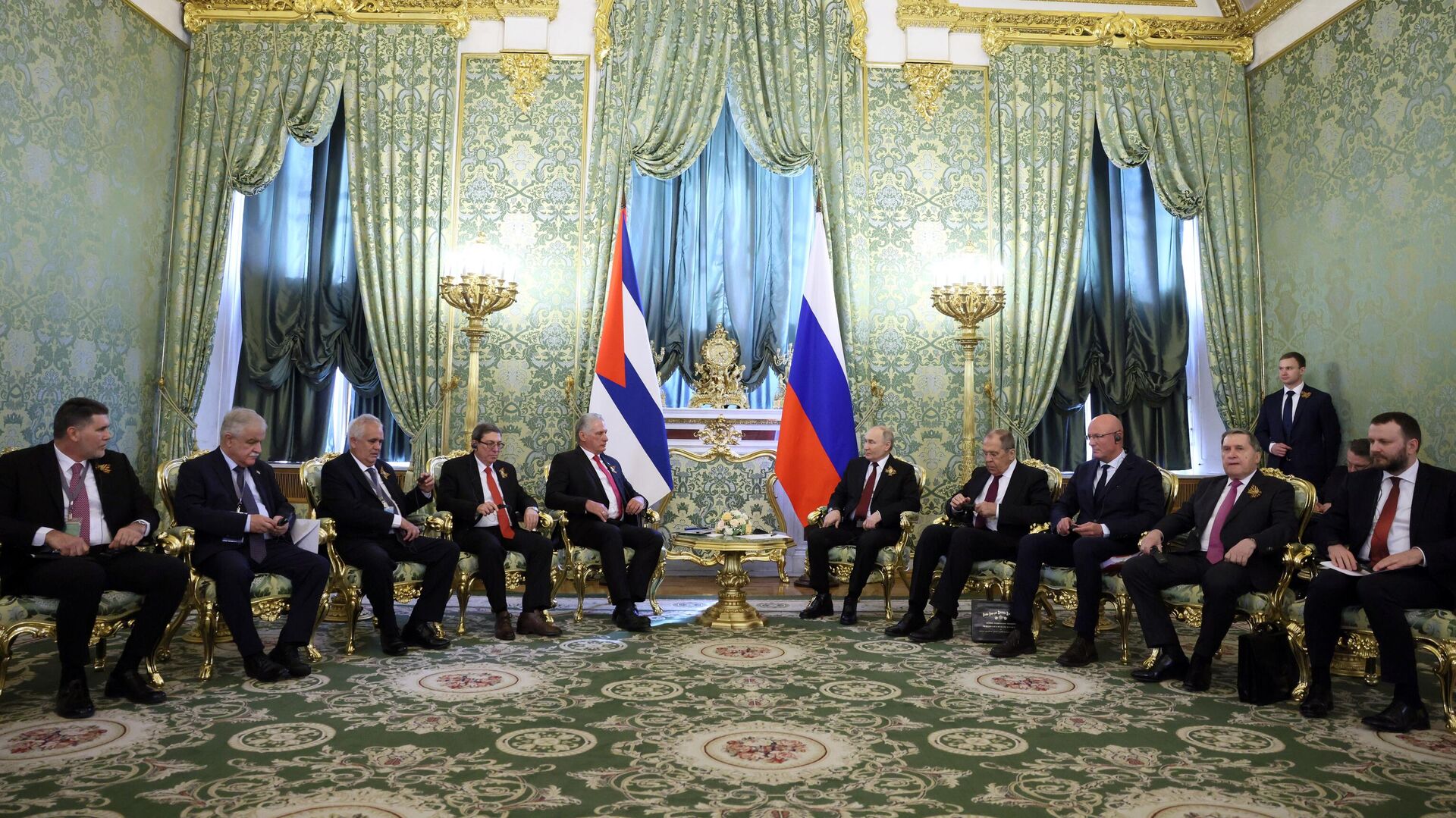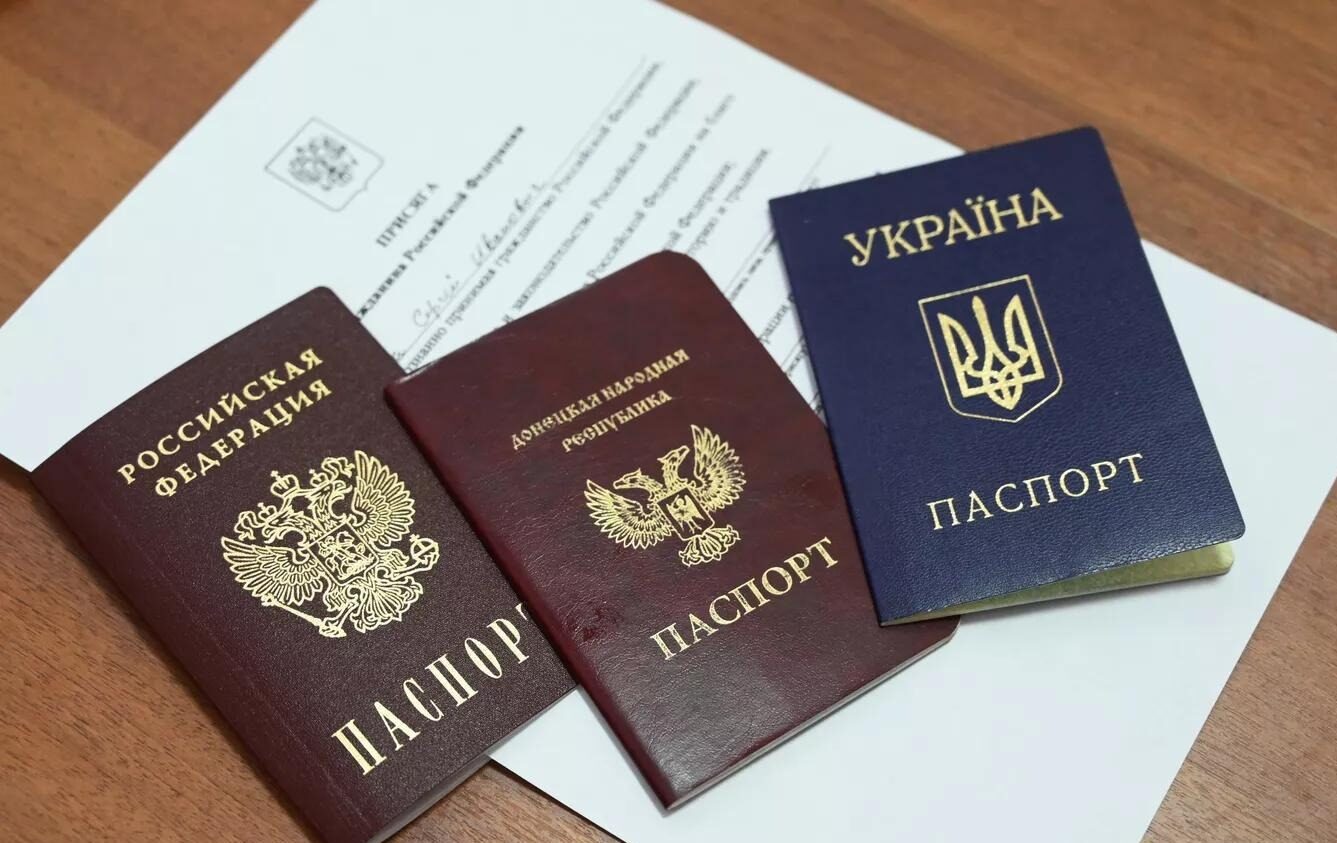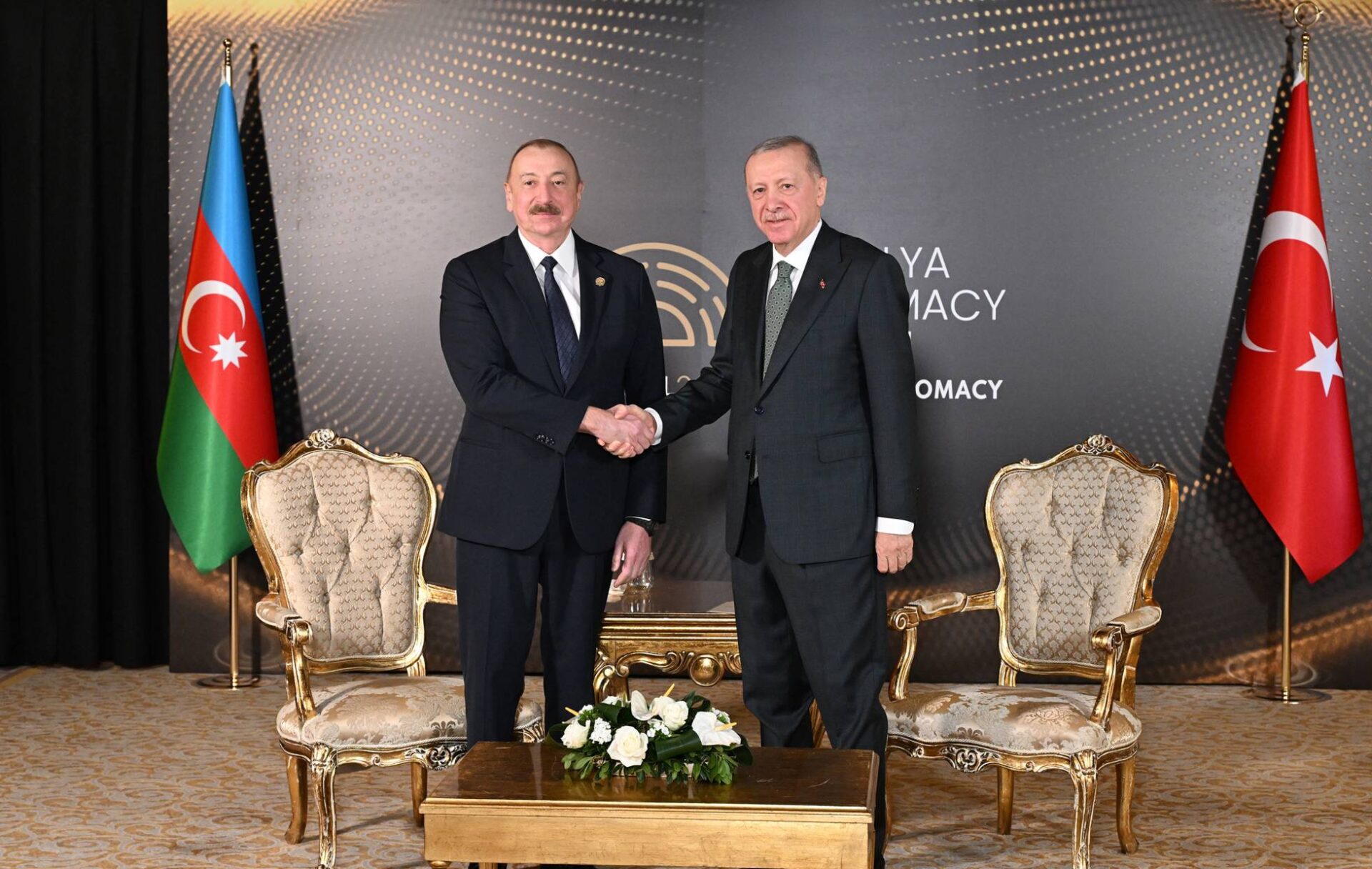SHOULD RUSSIA’S $39 BILLION 1996 TRADE SURPLUS BE A SOURCE OF PRIDE?
SHOULD RUSSIA’S $39 BILLION 1996 TRADE SURPLUS BE A SOURCE OF PRIDE?
Anatoly Kruglov, president of Russia’s State Customs Committee, said on March 20 that the $39 billion trade surplus Russia recorded in 1996 was the third largest in the world, behind perennial trading powers Japan and Germany. (Interfax, March 20) Kruglov said that 96 percent of this amount, which represented a 23 percent increase over 1995’s surplus, came from trade with the "far abroad," rather than with the CIS and the Baltic states. However, Kruglov noted that the large share of Russian exports made up by oil, natural gas, and other mineral resources makes the trade surplus "directly dependent on changes in world prices" which, he argued, limits Russia’s prospects for economic development. By contrast, the share of engineering products in total exports remained roughly constant in 1996 at 8 percent, and was comprised almost exclusively of atomic power station and aircraft products. Kruglov noted that engineering products constitute 45 – 48 percent of total exports in the EU and US, and as much as 70 percent of total Japanese exports.
While Kruglov, like many Russians, would seem to prefer that his country be an industrial powerhouse, Russia’s comparative advantage in energy and natural resources suggests that such products will inevitably constitute the bulk of Russia’s exports for the foreseeable future. Moreover, Russia’s large trade surplus is as much a curse as a blessing, as the surplus must bear the brunt of earning the foreign exchange required to service Russia’s foreign debt. By contrast, while such transition economies as Poland and Hungary are much more heavily in debt (on a per-capita basis) than Russia, they consistently run large trade deficits. These deficits, which feature the rapid growth of imports of consumer and investment goods, are financed by inflows of capital from foreigners eager to participate in further developing these countries’ economic potential. The paucity of such investment may be a more serious problem for Russia than the preponderance of raw materials and energy products in Russia’s exports.
Foul Play with Russian Statistics?


